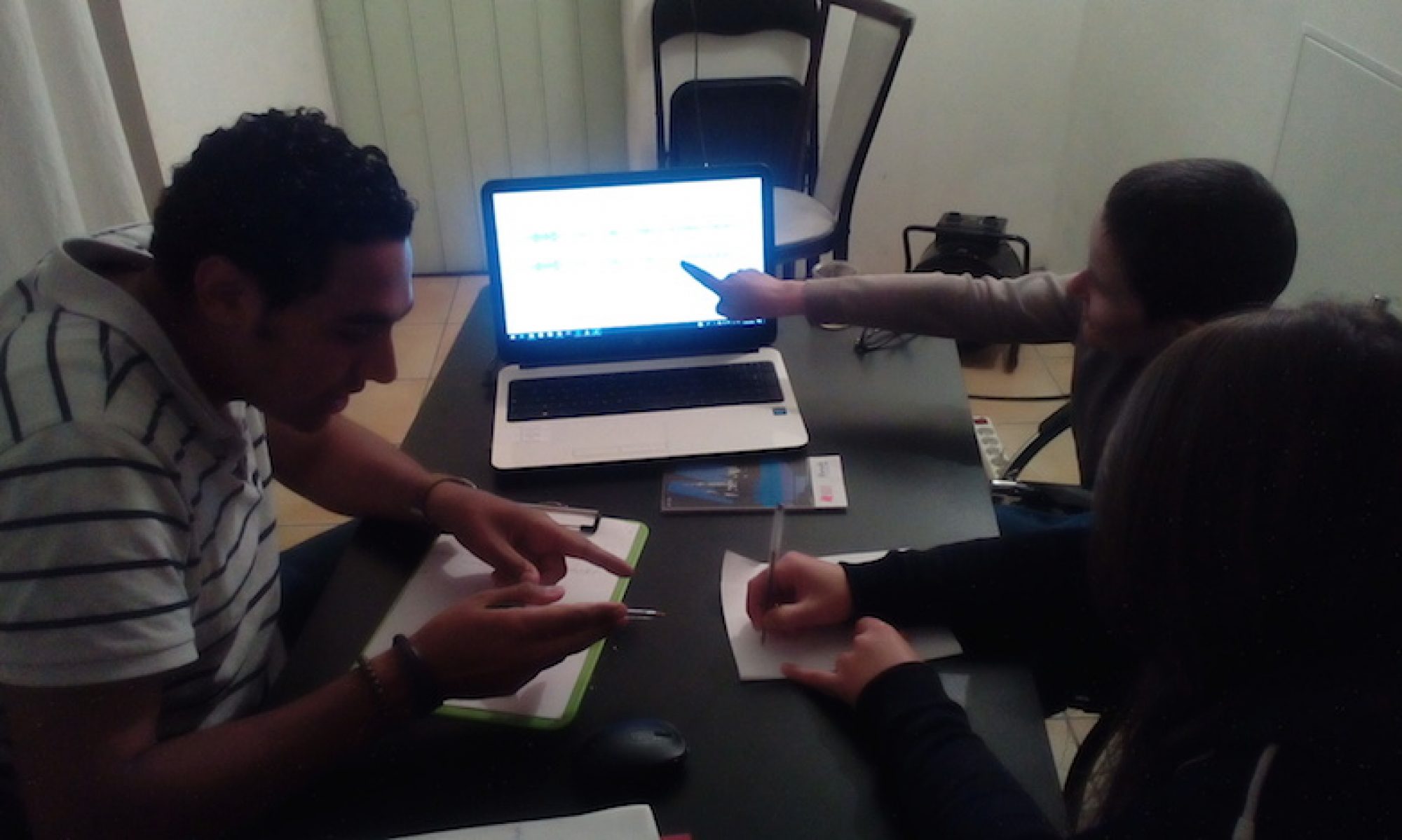Digitalisation shapes European citizen’s work and life, the economy, society and politics.
It is both often mentioned but rarely understood. It encompasses a) technological change through 3D printing, roboters, artificial intelligence, algorithms, etc. b) social change through deindustrialisation, disruption, unemployment, the creation of jobs, new and ongoing skill requirements, other communication practices including cyber-mobbing, life styles and attitudes, c) political change in terms of 1. new ways of mobilisation, information and participation but also fake news, Hacker attacks and cyberwars; 2. a structural change of the public sphere due to social media, blogs and the shrinking influence of ‘traditional’ media (newspapers, tv), 3. the poitical strategy to frame the digitalisation by setting laws and rules, etc.
Digitalisation resp. the socio-economic and political transformation of the industrial and post-industrial societies is a European challenge.
It can not be ‘managed’ by a state / society alone. As European countries are connected through the European Internal Market, there is a need to develop common strategies for analysing the developments, fostering critical understanding and strengthening digital competencies. This also matters adult education. Especially disadvantaged learners and parents are challenged by these radical changes. Educational offers shall focus on providing appropriate information reflecting the issues in a multi-perspective way. Moreover, digital learning does not only take place by better using the devices like smartphones or enjoying the ‘Internet of Things’. It also requires a social context (seminars, workshops, etc.) for learning on digitalisation.
The project partners from four European countries created a wiki on the described three dimensions of digitalisation.
It contains both information on the issue and teaching inspirations for trainers to arrange a common “analog” learning on these topics. The wiki’s content was discussed during the transnational project meetings. The provided methods were applied in workshops (LTTA) and local activities. The workshops also gave the opportunity to exchange good practises in teaching on digitalisation for adult learners among the project’s partners.
Photo by dylan nolte on Unsplash

